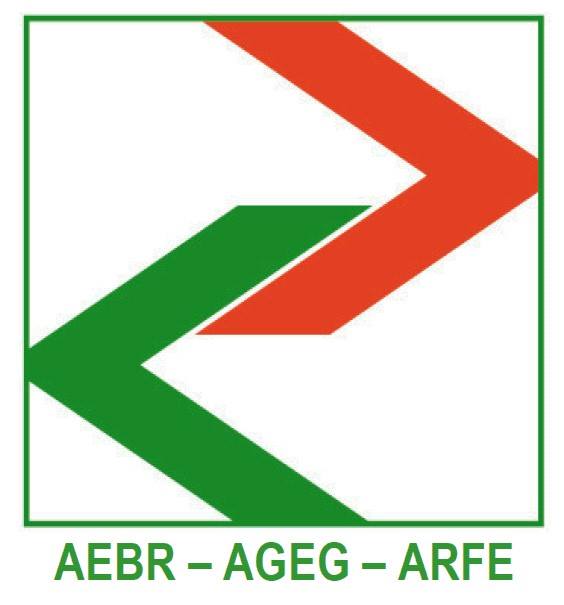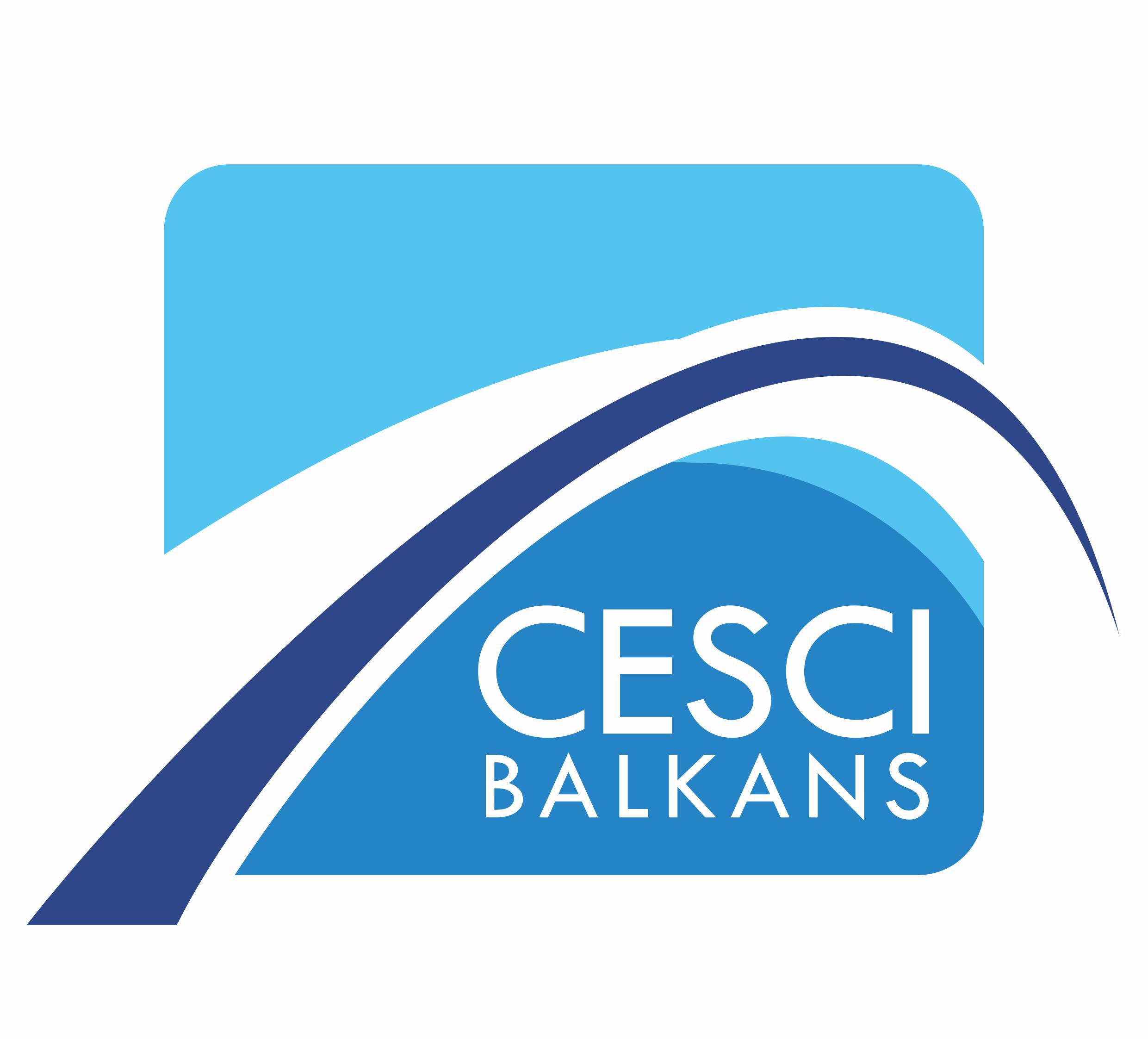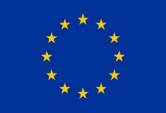The European Commission has released its fifth biennial report on EU macro-regional strategies, assessing developments between mid-2022 and mid-2024 across four major initiatives: those covering the Baltic Sea, Danube, Adriatic-Ionian, and Alpine regions. These strategies span 19 EU member states and 10 partner countries beyond the EU’s borders, collectively representing a population of approximately 360 million. The report underscores the essential role of cross-border collaboration in addressing shared issues such as demographic changes, environmental and digital transformation, and geopolitical tensions—particularly in the context of Russia’s ongoing invasion of Ukraine. It also points to how these strategies support EU expansion efforts and strengthen resilience.
Significant progress noted includes deeper engagement from EU candidate countries, stronger implementation of EU-wide goals such as sustainability and digital innovation, more effective governance structures, and a growing focus on long-term strategic priorities like energy, economic competitiveness, and security.
Among the regions, the Adriatic-Ionian area stands out for its proactive initiatives in sustainability, technological advancement, and youth involvement. Noteworthy projects include ADRIONCYCLETOUR, which promotes environmentally friendly tourism via a cross-border cycling route, and SI4CARE, which explores telemedicine solutions to better serve ageing communities. The region is also leading in maritime sustainability through the Green and Smart Ports program based in Trieste. Youth participation remains a core element, with a Youth Council representing people aged 18 to 29 actively contributing to policy discussions.
The report urges stronger inclusiveness and closer alignment with overarching EU goals, emphasizing the importance of active engagement from local governments, young people, academic institutions, and the private sector. A detailed Staff Working Document accompanies the report, offering guidance for improving monitoring, streamlining funding, and enhancing communication in the upcoming strategic phase.
Overall, the EU's macro-regional strategies continue to be essential instruments for promoting unity, sustainable development, and deeper integration across Europe.







